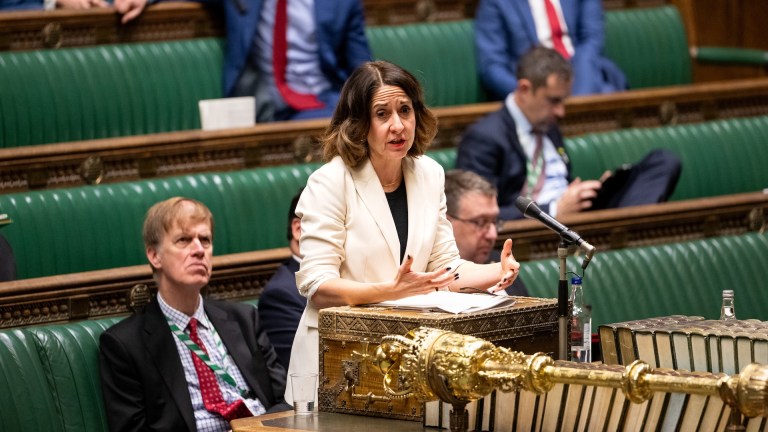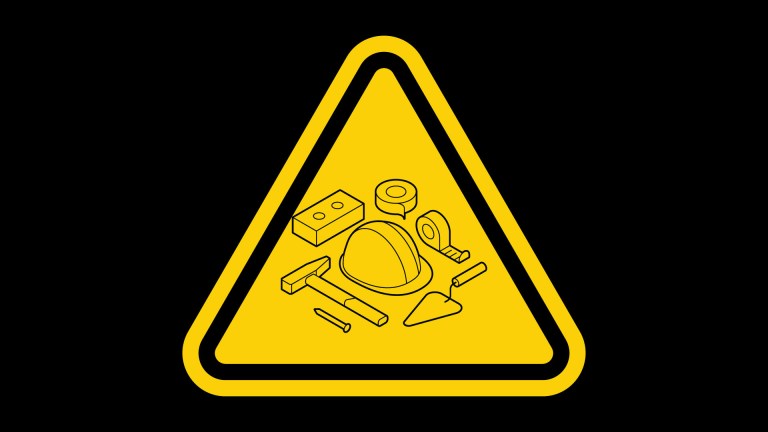Wage packets have seen the fastest drop in value since records began due to inflation dwarfing pay rises.
When adjusted for inflation, regular pay fell by 2.8 per cent between March to May 2022, new figures from the Office for National Statistics (ONS) have shown.
Despite wages growing at a “healthy rate of 4.3 per cent”, inflation is currently at 9.1 per cent, so is outstripping this growth. As a result, pay has fallen at the fastest rate since records began in the early 2000s.
- How much should my pay rise to beat inflation?
- 5 ways the cost of living is rising – and how to get help if you’re struggling
“The cost of living crisis is laid bare today,” said Stephen Evans, chief executive of Learning and Work Institute. “With energy bills set to rocket further in the autumn, this must be top of the new prime minister’s in-tray.”
But the crisis is being felt increasingly unevenly, with sectors such as finance seeing larger pay of 6.2 per cent, while the public sector saw the lowest pay rises, at 1.9 per cent. With inflation (measured by the Consumer Price Index) hitting 9.1 per cent in May, neither groups were getting a real pay increase.
With minimal growth in the public sector, unions are set to reject the government’s offer of a 5 per cent pay rise for teachers, nurses and doctors. These sectors are some of the hardest hit by the recruitment and retention crisis that is seeing 500 nurses and midwives quitting each week.










